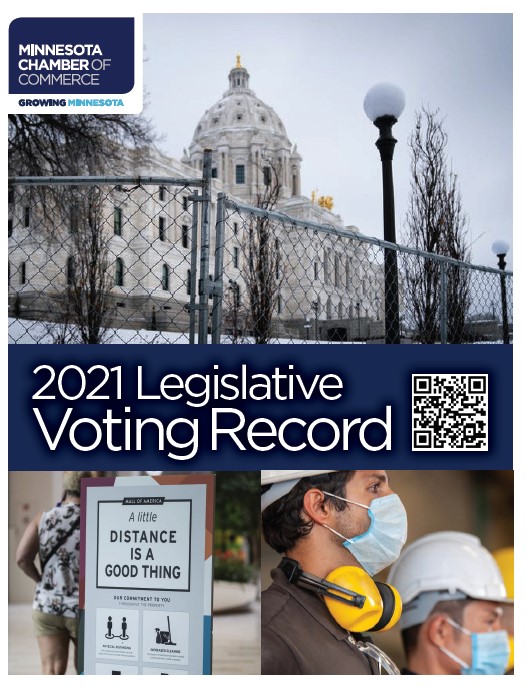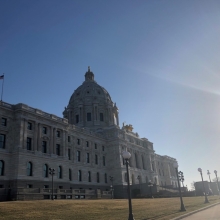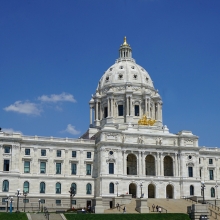2021 Legislative Voting Record
Want to get involved in the Chamber's policy development process? Learn more about top issues for our economy, join a policy committee or receive action alerts from the Capitol. Questions? Contact our team at mail@mnchamber.com.
Download the 2021 Legislative Voting Record

The 2021 Legislative Session was defined by the ongoing global COVID-19 pandemic, considerable financial uncertainty, unprecedented levels of federal stimulus and the state operating under 16 months of emergency powers. With the Legislature, lobbyists and stakeholders working remotely, a record number of bills were introduced, many of which were unrealistic and overly ambitious given the constraints of the session and the partisan make-up of the nation’s only split legislature (House controlled by Democrats, Senate controlled by Republicans).
The regular session started in January and concluded May 17, requiring a 16-day special session to complete the state’s fiscal years 2022-23 budget and avoid a shutdown.
The budget forecast unexpectedly changed from a $1.2 billion deficit in November to a $1.6 billion surplus in February. In March, the federal government provided Minnesota $2.83 billion in American Rescue Plan Act (ARPA) funds. Guidance on use of these funds was provided in mid-May—the primary reason for the special session. Local governments, higher education institutions, public schools, hospitals and child care facilities received over $5 billion in federal emergency funds directly. In addition to the surplus and federal funds, state budget reserves are at robust levels of $1.88 billion. State government spending is projected to be $2.83 billion under current law for FY 2022/23 (6.8% growth over previous budgets).
Even with a large surplus and record federal funding, Governor Walz and the House DFL majority aligned on proposals to enact new permanent tax increases to fund new spending. The proposed tax increases included a new 5th tier for individual income tax, corporate rate increase; surcharge on capital gains; and higher taxes on corporate foreign earnings. The Senate Republicans were opposed to any new tax increases and argued spending needs could be prioritized with current law resources and the additional federal dollars.
The Minnesota Chamber’s approach with policymakers was to “do no harm” to employers and the still recovering economy. We succeeded in helping to stabilize businesses that had suffered economic disruption and damage, protected employers from onerous mandates, and positioned the economy to not just recover but to grow.

Support employers and employees through the remainder of the COVID-19 pandemic (page 4)

Maintain benefit flexibility (page 6)

Ensure high-quality, affordable health care (page 7)

Promote reliable, affordable, cleaner energy and sustainability (Page 8)

Promote workforce development (Page 9)

Support safe, reliable infrastructure (page 10)

Promote efficient environmental permitting (page 11)


